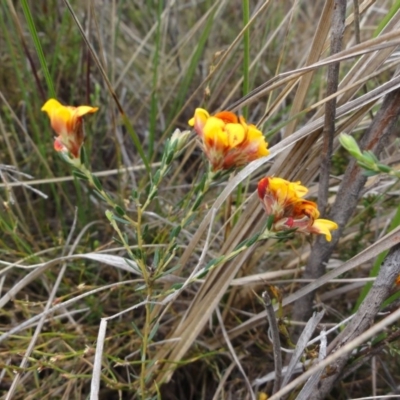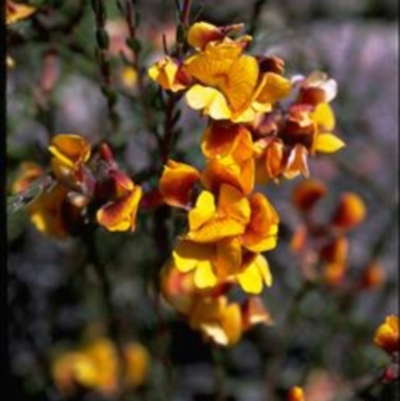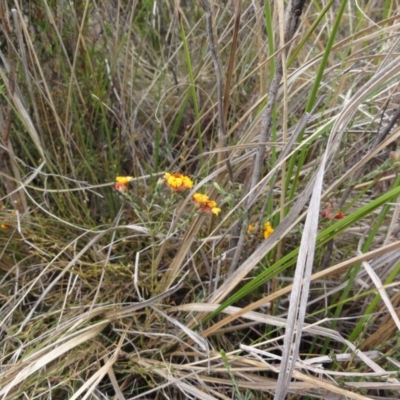Namadgi Sub-alpine Plants need help
Posted by MichaelBedingfield
Overview
Survive and Thrive needs your help!
WWF-Australia, the Australian Alps National Parks Cooperative Management Program, the Australian National Botanic Gardens, the National Parks Conservation Trust, ActewAGL, NSW Department of Planning, Industry and Environment and the ACT Government Environment, Planning and Sustainable Development Directorate are working together to deliver the Bushfire Recovery project Survive and Thrive. This project is helping conserve species in the subalpine region which had all or most of their populations burnt by the 2020 bushfires, are understood to be rare and likely to meet multiple criteria for threatened species listing and have either no or limited vegetative and seed stocks safely preserved in existing ‘back up’ collections.
We are looking for the five species on this list.
To increase our exposure we are seeking the help of Canberra Nature Mapers’ to assist with this project. Any sightings of the plants listed above would help ANBG staff determine where to concentrate their seed and vegetation collection efforts. The NSW Government Biodiversity Conservation and the National Parks Association of the ACT are also assisting to locate the target species in remote areas of Namadgi and Kosciuszko National Parks.
For more information about the Survive and Thrive project please see this link:
https://parkstrust.org.au/survive-and-thrive/
This project will continue for three years until the end of 2024.
5 species
- All conservation levels (change?)
- All invasiveness levels (change?)
Categories
- Plants
- Birds
- Mammals
- Reptiles and Frogs
- Insects
- Spiders (Araneae)
- Other Arthropods
- Other Invertebrates
- Fungi
- Lichens; Mosses & other Bryophytes
- Algae, Cyanobacteria, other bacteria and viruses
- Slime Moulds (Myxomycetes)
- Fossils & Geological Features
- Fish
- Marine Invertebrates
- Marine Algae & Seaweeds
Follow this collection
Receive alerts of new sightings
Subscribe














